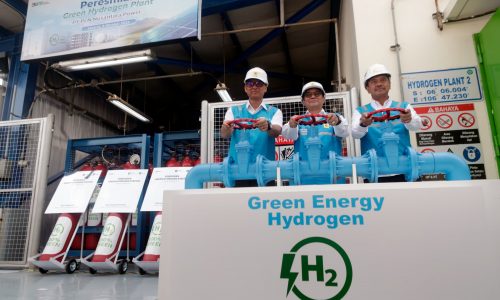The government is preparing creative financing schemes through Public-Private Partnerships (PPP) for the development of the Komodo International Airport in East Nusa Tenggara.
“We are actively seeking local and international partners to enable creative financing at the airport near Labuan Bajo,” Minister of Transportation Budi Karya Sumadi told the Acceleration and Pre-Evaluation of National Strategic Projects (PSN) Conference on Tuesday, May 14, 2024.
Currently, Komodo Airport features a 2,650-meter-long and 45-meter-wide runway capable of accommodating Airbus A320 and Boeing B738 aircraft types. The airport can park up to seven aircraft, including four narrow-body and three propeller aircraft.
Budi acknowledged that Komodo Airport’s current capacity is relatively small. However, he emphasized its potential for development, dubbing Labuan Bajo as the “next Bali.”
The government has expressed openness to creative financing for both construction and management of transportation infrastructures, including airports, seaports, and railways.
Budi emphasized the necessity of private sector investment to alleviate transportation operation costs from the state budget.
To facilitate this, Budi pledged to introduce regulations for transportation investment that are more investor-friendly, although he did not delve into specific regarding these regulations.
Previously, Budi noted that five transportation projects were successfully built through creative financing, amounting to Rp 32.32 trillion (US$2.03 billion).
These projects include the Patimbang Port, Makassar-Parepare Railway, Kediri Airport, Bekasi Proving Ground, and Anggrek Port.
As of the end of last year, seven projects were planned to be financed through PPP schemes totaling Rp 21.35 trillion. These projects include various bus terminals, transit-oriented development, ports, railways, and airports across Indonesia.
Budi also stressed the need for sustainable financing strategies in the current business climate, advocating for simplified domestic investment regulations.
“Simplifying investment permits is crucial. We aim to expedite the process and be more proactive than investors to ensure smooth investment procedures,” he concluded.









